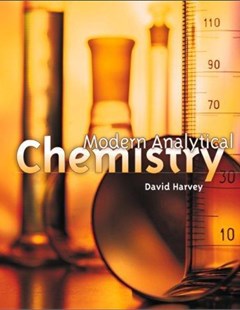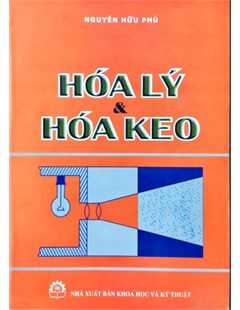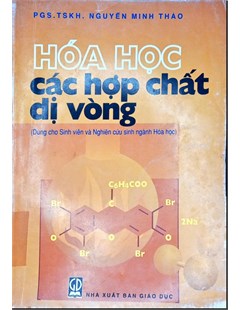Modern Analytical Chemistry
Introduction; Basic tools of analytical chemistry; The language of analytical chemistry; Evaluating analytical data; Calibrations, standardizations, and blank corrections; Equilibrium chemistry; Obtaining and preparing samples for analysis; Gravimetric methods of analysis; Titrimetric methods of analysis; Spectroscopic methods of analysis; Electrochemical methods of analysis; Chromatographic and electrophoretic methods; Kinetic methods of analysis; Developing a standard method; Uality assurance
2000
Modern Analytical Chemistry by David T Harvey As currently taught, the introductory course in analytical chemistry emphasizes quantitative (and sometimes qualitative) methods of analysis coupled with a heavy dose of equilibrium chemistry. Analytical chemistry, however, is more than equilibrium chemistry and a collection of analytical methods; it is an approach to solving chemical problems. Although discussing different methods is important, that discussion should not come at the expense of other equally important topics. The introductory analytical course is the ideal place in the chemistry curriculum to explore topics such as experimental design, sampling, calibration strategies, standardization, optimization, statistics, and the validation of experimental results. These topics are important in developing good experimental protocols, and in interpreting experimental results. If chemistry is truly an experimental science, then it is essential that all chemistry students understand how these topics relate to the experiments they conduct in other chemistry courses.
David Harvey. Modern Analytical Chemistry, McGraw-Hill Higher Education, 2000.
Ngành Công nghệ kỹ thuật hóa học (7510401)
 |  |  |
| Hóa lý và hóa keo | Hóa học các hợp chất dị vòng |
Thứ Năm, 14:49 16/06/2022
Copyright © 2018 Hanoi University of Industry.